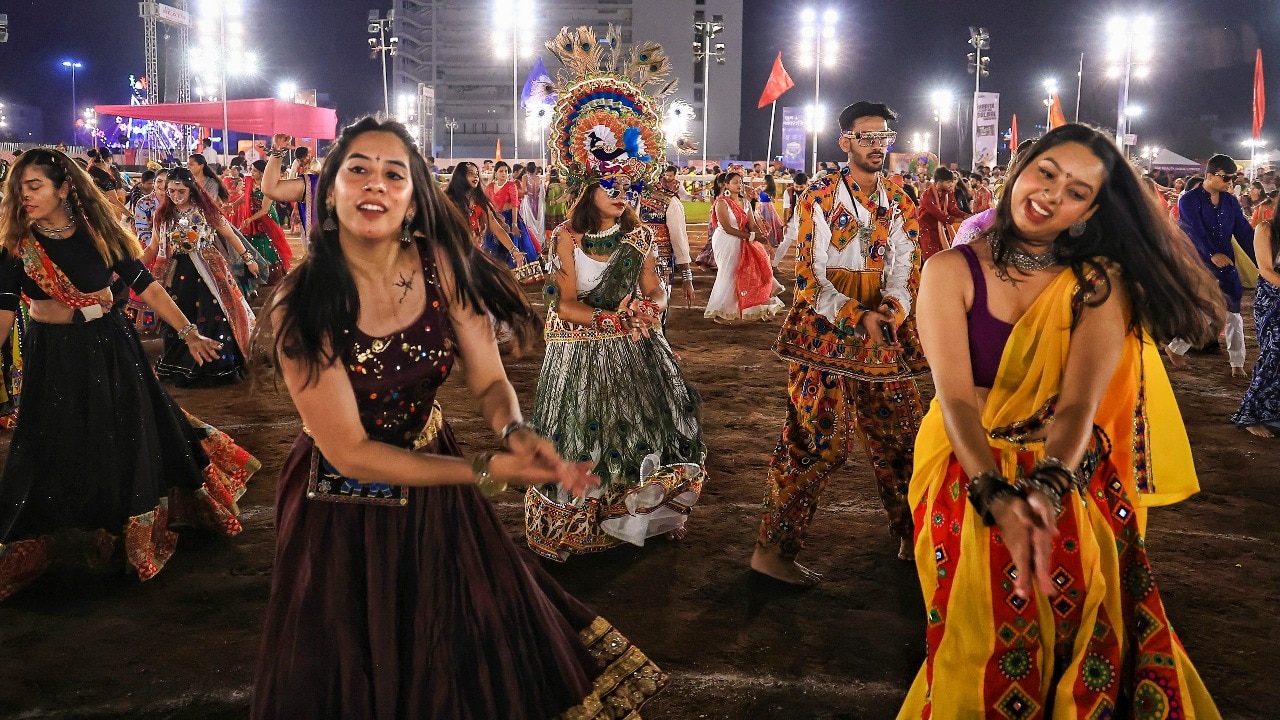Home / Lifestyle / Garba's Fading Traditions: From Community Celebrations to Exclusive Events
Garba's Fading Traditions: From Community Celebrations to Exclusive Events
29 Sep
Summary
- Garba, once a deeply spiritual festival, has become commercialized and exclusive
- Traditional forms like "Sheri garba" are nearly extinct, replaced by DJ-driven events
- Tickets for high-end garba events can cost up to ₹10,000 per person

As of September 2025, the once-vibrant and community-driven garba celebrations in India have undergone a significant transformation. Garba, the traditional Gujarati folk dance performed during Navratri, has become increasingly commercialized and exclusive, losing much of its cultural essence.
According to long-time garba enthusiasts, the shift has been stark over the past two decades. Ahmedabad-based Mayuri Varkey, who has been attending garba for over 20 years, laments the disappearance of the "Sheri garba" – once the most traditional form of the dance. "Back in the early 2000s, it wasn't about outfits, celebrities, or Instagram. People would dance and pray together, as a community," she recalls.
Today, the garba experience in major hubs like Ahmedabad, Vadodara, and Surat is vastly different. The "garbha", the earthen pot around which the dance was traditionally performed, is now a rarity. Instead, the events are dominated by Bollywood and techno beats, making them feel more like pubs than cultural celebrations.
The commercialization has also led to an economic barrier. Tickets for high-end garba events featuring popular artists can cost up to ₹10,000 per person, putting them out of reach for many. This has resulted in the exclusion of certain communities, a stark contrast to the past when garba was a melting pot of cultures.
While the dance has spread to other parts of the country, the authenticity has been lost. In cities like Mumbai, Delhi, and Bengaluru, garba has become more of a trend than a deeply rooted tradition. The shift has its positives, as it has introduced the dance to new audiences, but the preservation of its traditional forms remains a pressing concern.




